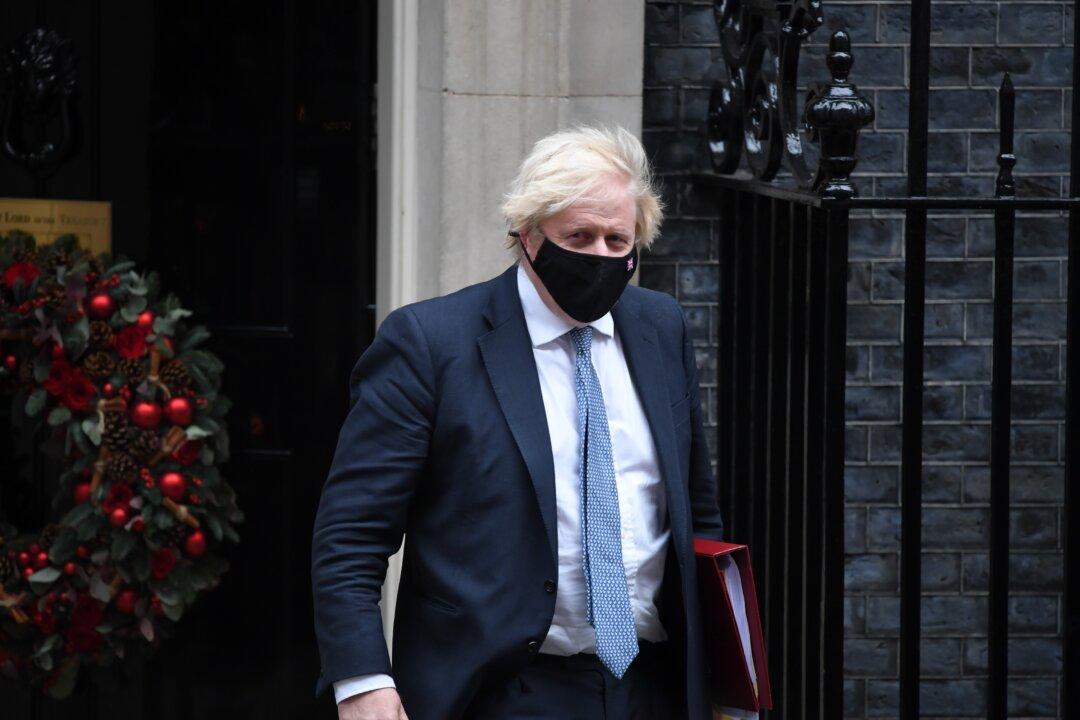The Cabinet Office will have to hand over former Prime Minister Boris Johnson’s unredacted WhatsApp messages, notebooks, and diaries to the UK COVID-19 Inquiry, the High Court has ruled.
Baroness Heather Hallett, chairwoman of the UK’s official COVID-19 inquiry, told the government in April to hand over the former prime minister’s unredacted messages and notes.





